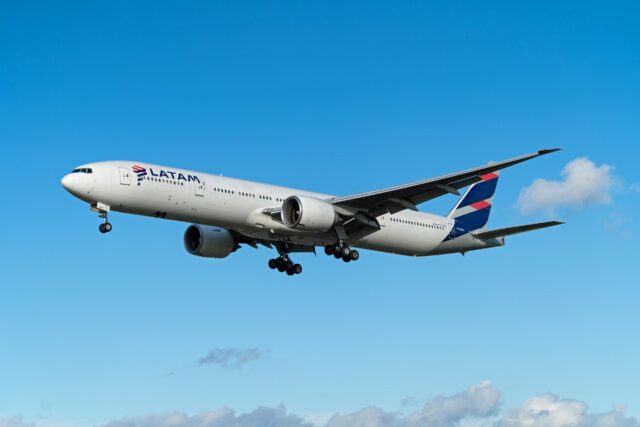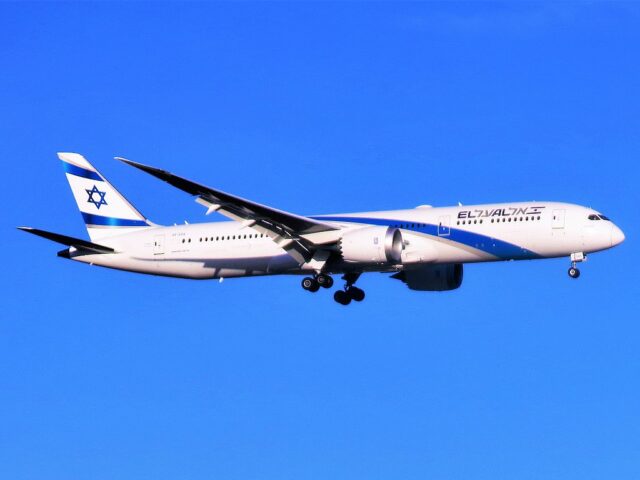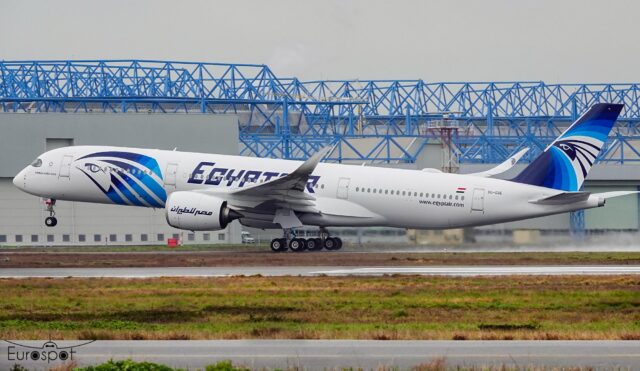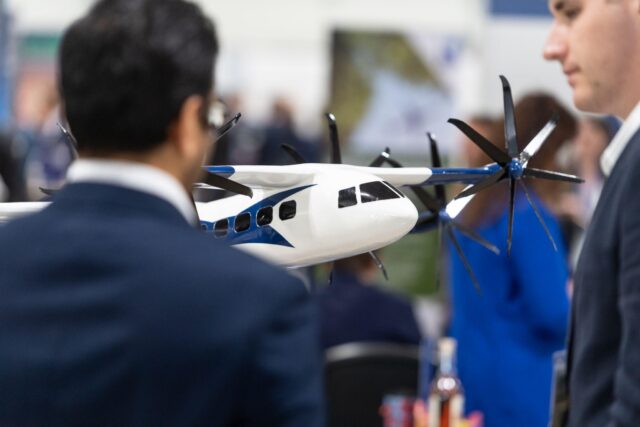Nigeria weighs certification of China’s C919 jet in challenge to Airbus-Boeing duopoly

September 29, 2025
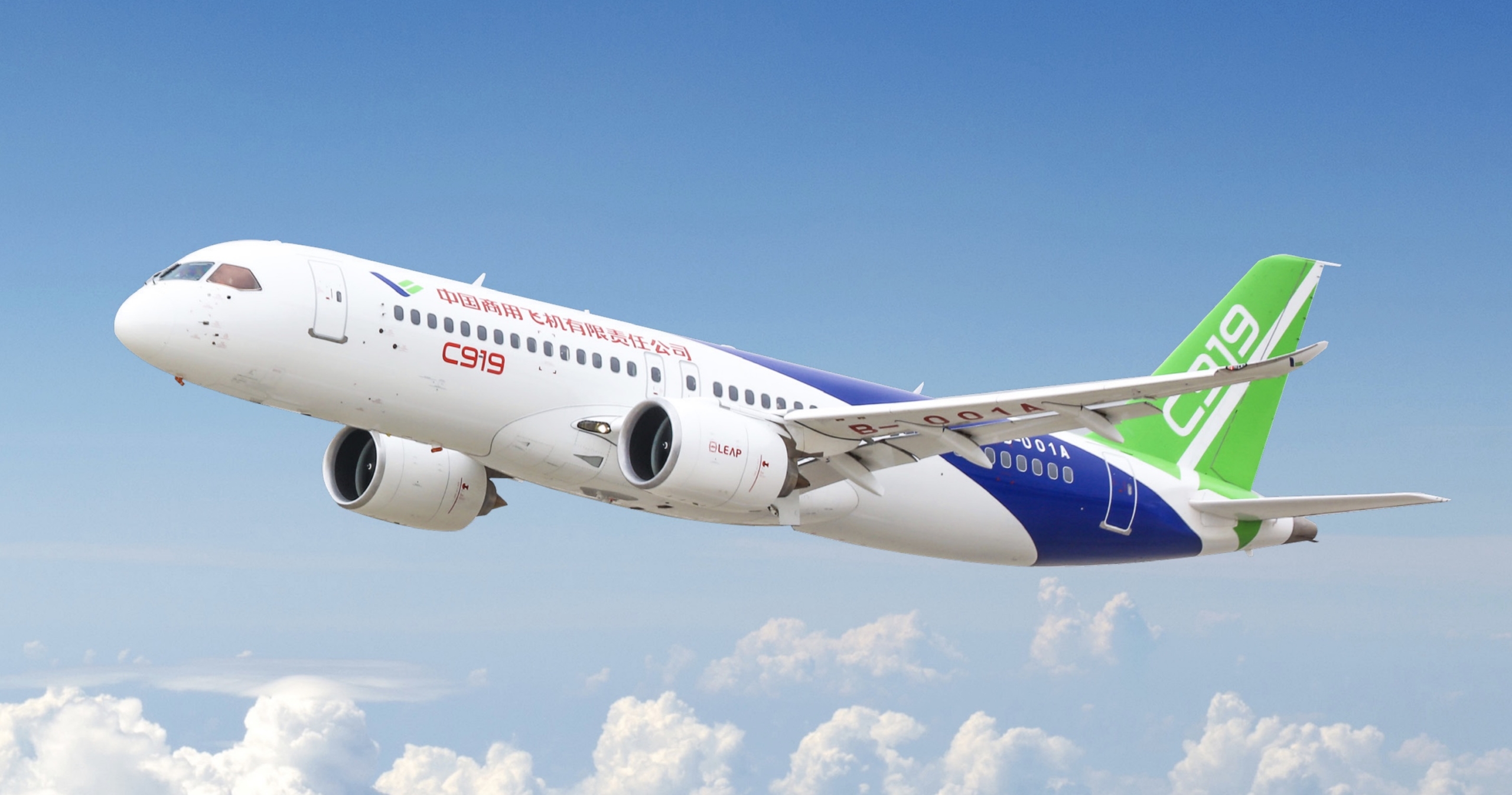
In a move that could mark the first significant breach in the Airbus-Boeing duopoly over African skies, Nigeria’s civil aviation authority is reviewing the certification of China’s COMAC C919 narrow-body jet for use by domestic carriers.
As reported by Reuters, the review signals a bold shift by Africa’s largest aviation market and could set the stage for China to establish a long-coveted foothold in the continent’s commercial aviation sector.
C919 offers an alternative to Airbus and Boeing narrowbody jets
The C919 is China’s first homegrown single-aisle jet built to international airworthiness standards. Seating between 158 and 192 passengers and with a range of up to 5,555 kilometres, the aircraft is positioned directly against the Airbus A320neo and Boeing 737 MAX—types that together account for more than 85% of Africa’s narrow-body fleet.
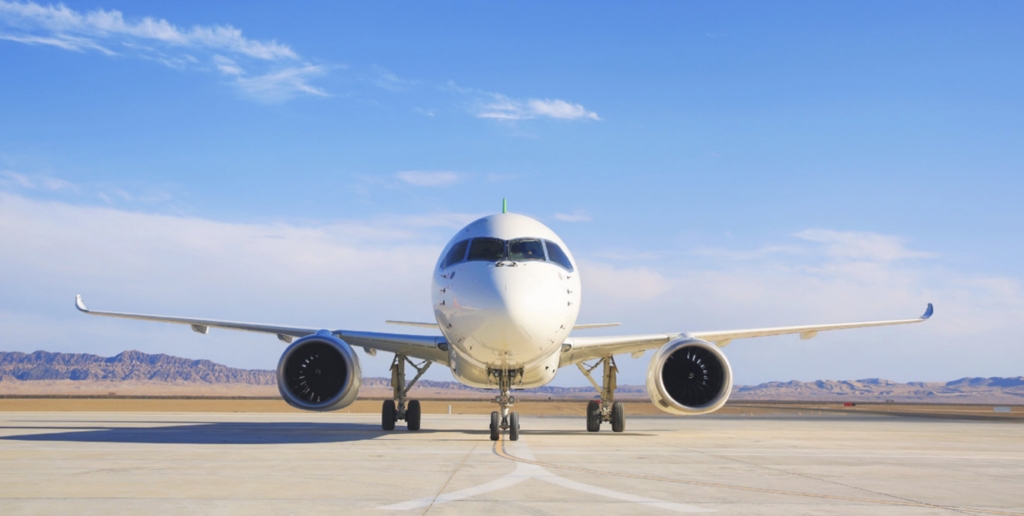
The jet took its first flight in 2017 and entered commercial service in May 2023 with China Eastern Airlines. To date, however, all operators are Chinese, with only small overseas traction — two regional carriers in Brunei and Cambodia have placed orders.
Certification in Nigeria would therefore represent a breakthrough for COMAC in Africa. Speaking to Reuters, Capt. Chris Ona Najomo, Director-General of the Nigerian Civil Aviation Authority (NCAA), confirmed that the agency is “studying the certification file.” While noting the absence of validation from the US FAA and Europe’s EASA, he stressed Nigeria is independently assessing the aircraft’s suitability for domestic use.
COMAC pitches leases, training and support to Nigerian carriers
Aware of concerns around certification and support, COMAC has moved quickly to court Nigerian airlines. According to Najomo, proposals include dry lease agreements, pilot training programmes, and tailored maintenance support.

NG Eagle CEO Abdullahi Ahmed said his airline would consider the C919 if certification and after-sales backing were robust. “Maintenance and spares are everything,” he remarked, alluding to past challenges African carriers faced with earlier Chinese aircraft.
COMAC has floated plans to establish a regional spare parts hub in Lagos or Abuja, dispatch Nigerian engineers to Shanghai for training, and embed technical teams on-site for the first five years of operations. If delivered, these measures could ease long-standing worries about Chinese aircraft support in Africa.
African caution after the MA60 experience
China has attempted to enter Africa’s skies before, with mixed results. In the 2000s, the Xian MA60 turboprop was delivered to more than a dozen African operators. But parts shortages, maintenance complexity, and lack of international certification quickly soured the experience.
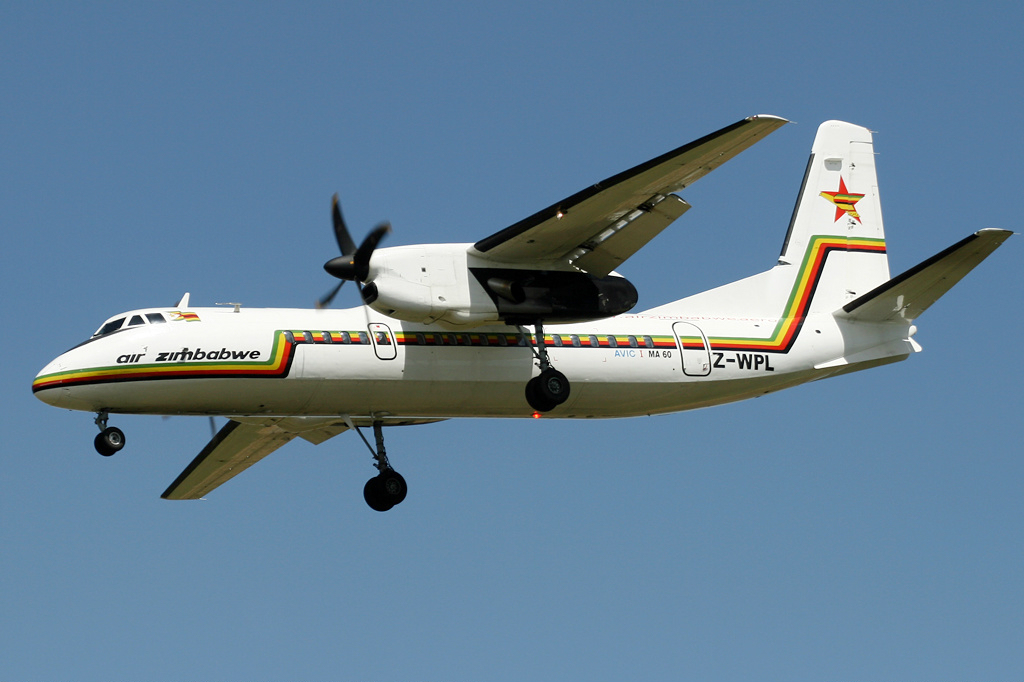
Air Zimbabwe, RwandAir, Fly540 and others retired or grounded the type within a few years. Many aircraft were relegated to non-passenger roles or left idle. The episode casts a long shadow, and Nigerian stakeholders will be wary of history repeating itself.
Nigeria’s aviation market presents a gateway for COMAC
With more than 230 million people and 13 active scheduled carriers, Nigeria is Africa’s largest domestic market by passenger numbers. Around 17 million people fly annually, and demand continues to rise.
Improved ratings under the Aviation Working Group (AWG) have also made it easier for Nigerian airlines to access leased aircraft under the Cape Town Convention framework. Since 2022, carriers have already added or ordered 12 Airbus A320neos and Boeing 737 MAX jets, with more deliveries expected through 2026.
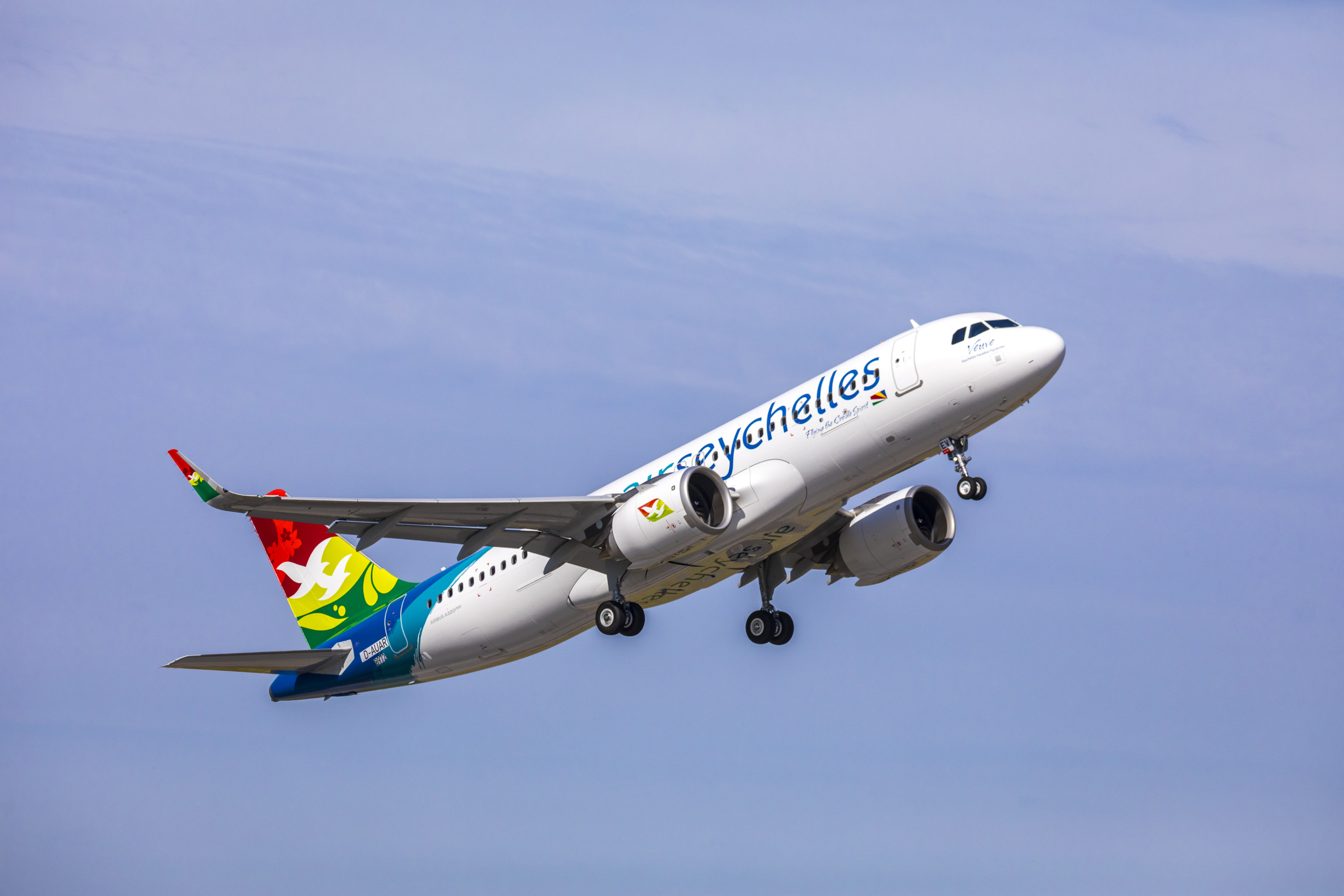
Yet infrastructure remains a bottleneck. Nigeria has just three Part-145 maintenance organisations — 2N-Technic, Aero Contractors, and DANA Technic — all geared towards Boeing and Airbus fleets. None currently have tooling or expertise for the C919. COMAC’s plans for training and parts hubs will therefore be critical to its acceptance.
COMAC faces delivery delays and global headwinds
Despite its strategic ambitions abroad, COMAC is struggling at home. Industry filings show the manufacturer delivered only five C919s in 2025, far short of its original target of 75. The company has since cut its annual goal to 25, citing production delays and export complications.

Geopolitics has compounded the challenge. Earlier this year, the US government briefly halted exports of CFM engines — which power the C919 — due to trade tensions. While assembled in China, the aircraft relies heavily on imported components, from engines to avionics, leaving COMAC vulnerable to supply disruptions.
For perspective, Airbus and Boeing each deliver more than 500 narrow-bodies annually — underlining the scale gap COMAC must close if it hopes to compete globally.
Symbolic milestone for China, strategic leverage for Nigeria
If certified, the C919 would mark a symbolic milestone for COMAC and Beijing, signalling progress towards international recognition even without FAA or EASA endorsement.

For Nigeria and its airlines, however, the move is less about symbolism and more about leverage. Certification would give carriers an additional bargaining chip when negotiating leases with Airbus and Boeing suppliers — potentially lowering costs and improving service terms.
Whether or not Nigerian carriers ultimately order the jet, the review itself signals that Africa’s largest market is willing to look beyond the Airbus-Boeing duopoly. That possibility alone could reshape negotiations and nudge the global duopoly to sharpen its game in Africa.
